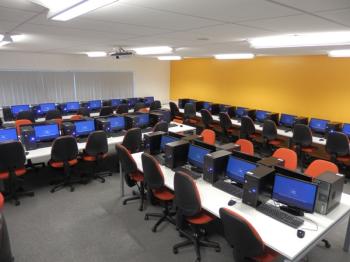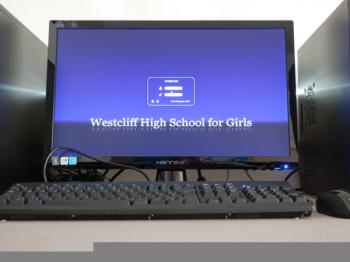The week in qooxdoo (2015-05-22)
Welcome back to the weekly status update.
Upcoming Releases
We have started to work on the ramp-down for two new releases: a maintenance release qooxdoo 4.1.1 as well as a major release qooxdoo 5.0. They are expected to ship in mid June.
qooxdoo 4.1.1
Currently there already are 70+ issues resolved for qooxdoo 4.1.1.
qooxdoo 5.0
qooxdoo 5.0 has about the same number of add’tl issues resolved. That’s a total of about 140 issues for qooxdoo 5.0, currently. As some API changes are to be part of this upcoming release (in the qx.Website domain of the framework), and acc. to our semantic versioning scheme it will be called 5.0 instead of 4.2.
As said, there’s currently the ramp-down phase dominated by testing and bugfixing. We work towards stable, complete release packages in the next few days. With a number of holidays and absences coming up, we expect to do the actual shipping in about 3 weeks, i.e. in mid June. Stay tuned.






